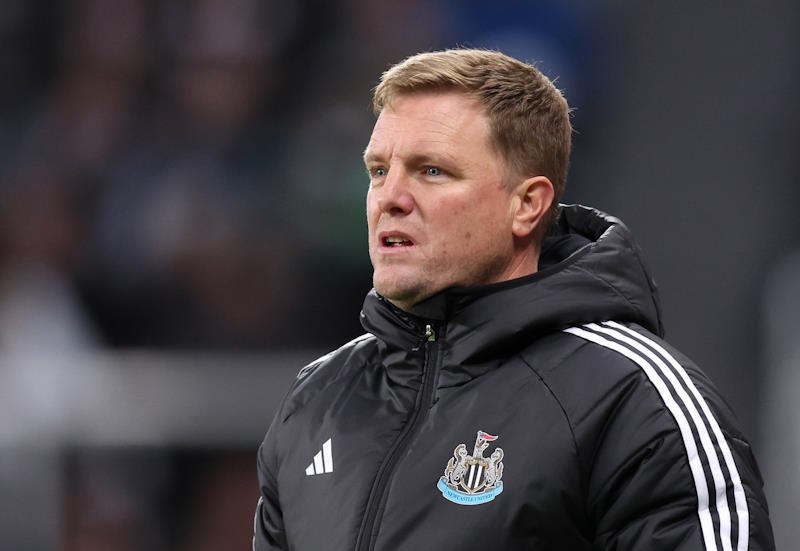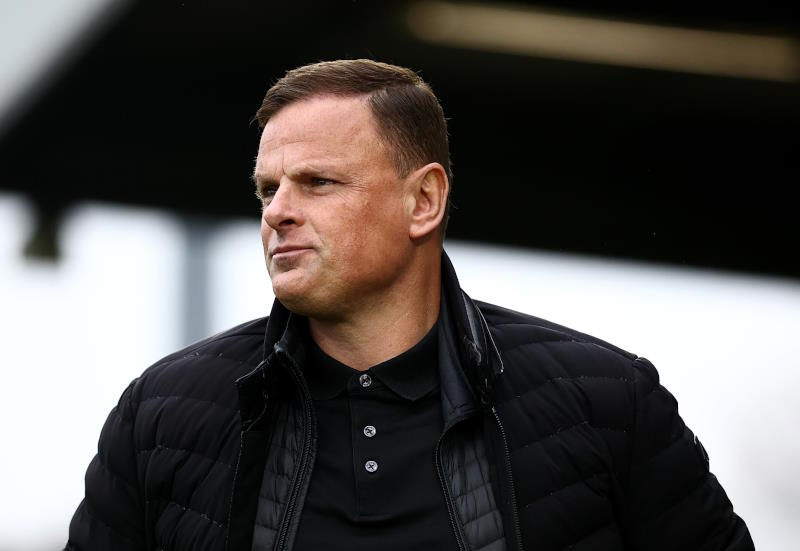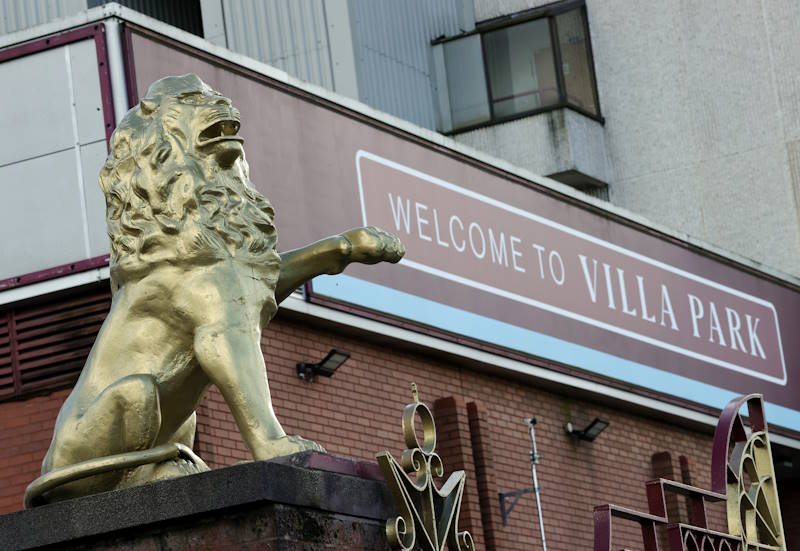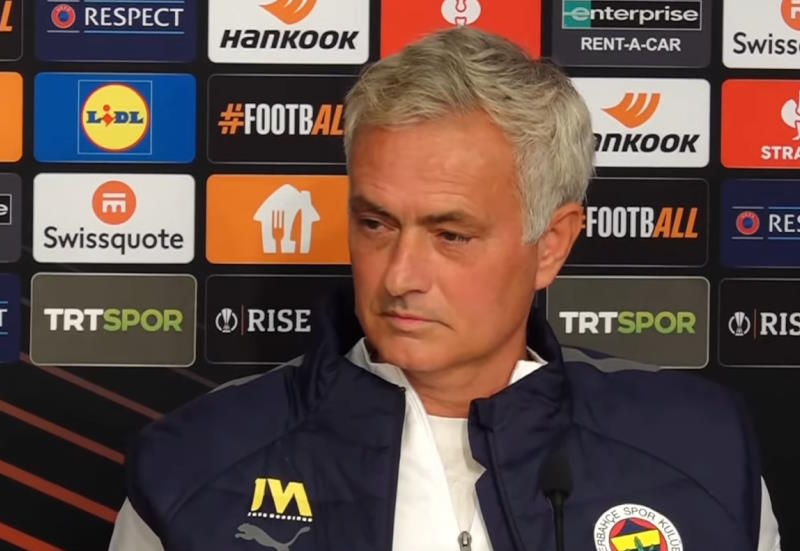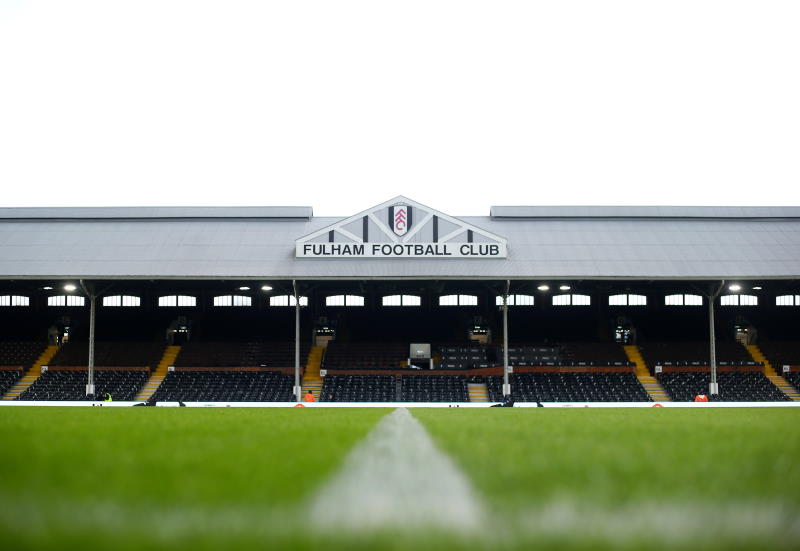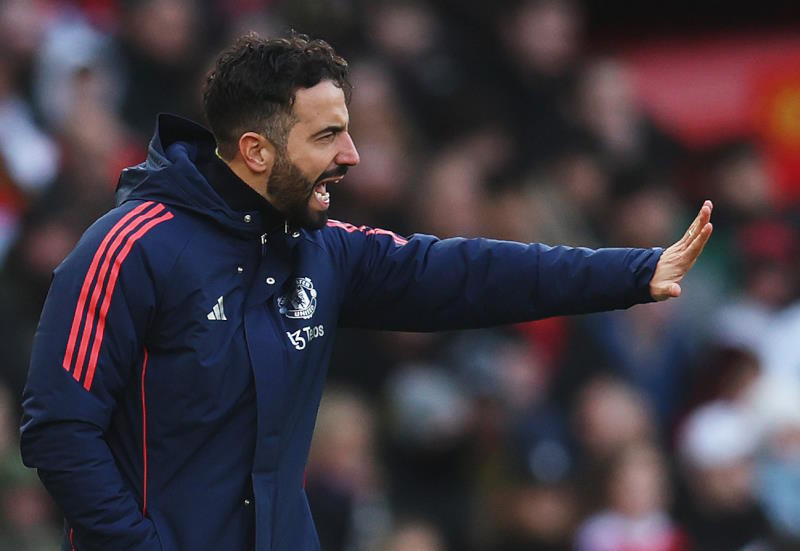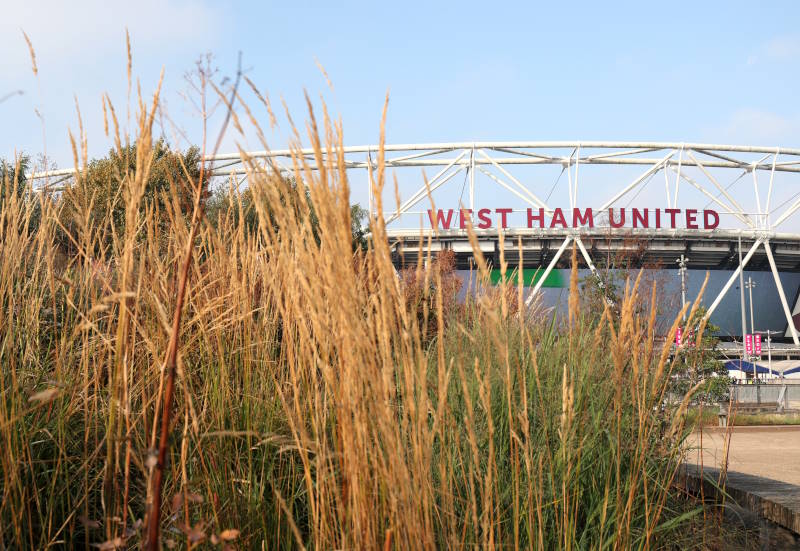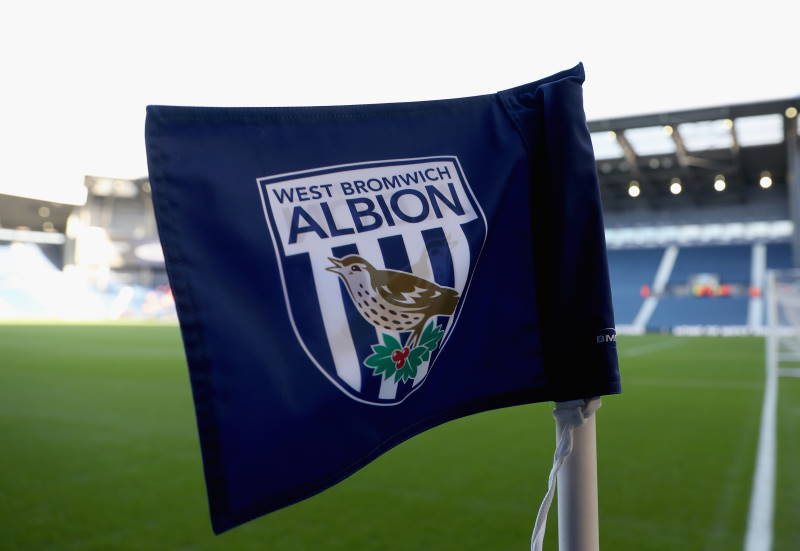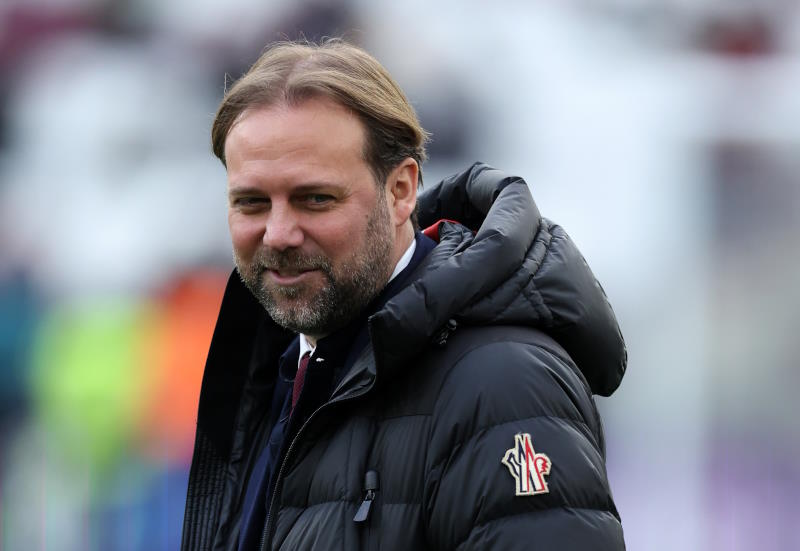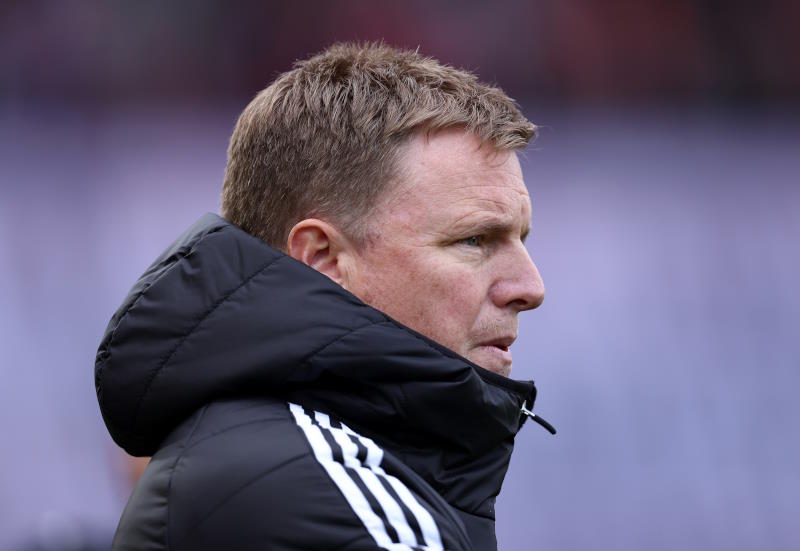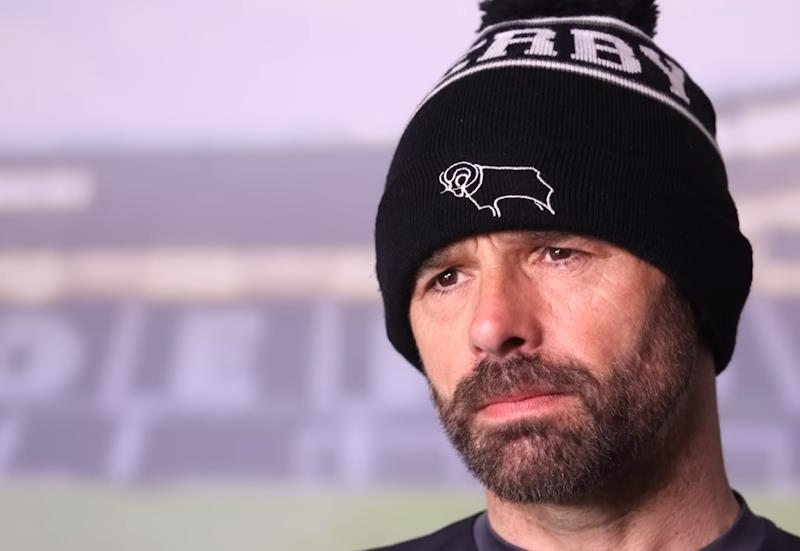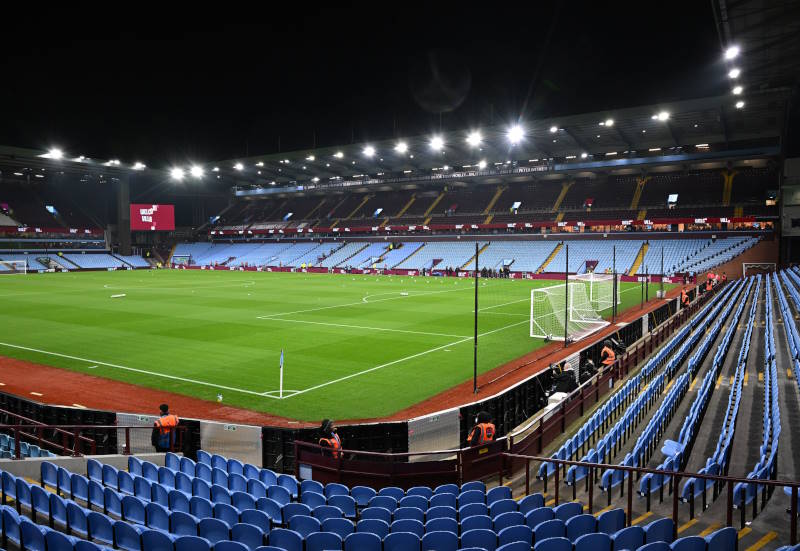
When Hernan Dario Gomez resigned from his position as Colombian national team coach there were many in the country hoping that his departure, along with that of national team overseer Francisco Maturana, would usher in a new era under a foreign coach with fresh ideas. Even the country’s president, Juan Manual Santos, urged the football federation to look overseas in their search for a new boss.
It had initially seemed as if such calls would be answered when federation president Luis Bedoya met with ex-Paraguay coach Gerardo Martino in Lima to discuss the position. But talks broke down with the Argentine, whose keenness to bring in his own team of coaches and support staff was seen as an unnecessary expense for a federation who, their detractors say, are more interested in lining their own pockets than making a success out of the national team.
And so it came as little surprise when, after two friendly successes in temporary charge, Gomez’ former assistant Leonel Alvarez was announced as the new coach despite Dunga and Americo Gallego both reportedly expressing an interest in the position.
“We never doubted his capabilities,” federation member and head of the Colombian league, Ramon Jesurun said. “His appointment as assistant meant he was always eligible to take over at some point. He demonstrated in the matches in the United States that he knows and understands the group.”
In many ways Alvarez was the easy choice. A charismatic figure who is a popular with the players, he has kept the same coaching staff that worked under Gomez and has suggested he will continue pursuing similar ideas and tactics to those worked on during the disgraced former coach’s tenure. But although the Colombian Federation would appear to have lumped for the cheap and easy option, there are those who believe Alvarez could turn out to be an inspired choice.
“We’ve got our own [Josep] Guardiola,” was the reaction of one of the country’s fans and although such thinking may seem fanciful, Alvarez does share some similarities with the all-conquering Barcelona coach.
As a player Alvarez initially found success at Atletico Nacional, the club from Medellin who became Colombia’s first Copa Libertadores winners in 1989. There he was coached by Maturana – with Gomez as assistant – in the short-passing ‘rosca paisa’ style that would be translated, by Maturana, to the Colombian national team that qualified for the 1990 and 1994 World Cups. Just as Guardiola is steeped in the tradition of Johan Cruyff’s Barcelona, Alvarez has the ‘rosca paisa’ embedded into him.
Like Guardiola, Alvarez played as a passing defensive midfielder, starting moves from deep and seeing the pitch as a canvas in front of him. It is a position that requires a good reader of the game, someone who understands the flow and rhythm of play, someone who has an inherently tactical mind.
Alvarez’s comments upon taking charge of Independiente Medellin in 2009 – his only previous head coach position before taking the Colombia job – also indicate a close philosophical convergence with Guardiola. “I tell my boys that there are no second chances, they must play to the death, giving up every last drop of sweat, but when they recover the ball treat it like their new girlfriend.”
Of course it is much harder to translate such a vision into reality with a national team that meets months apart, rather than at a club that is built from top to bottom to promote and embody a particular style of play. Even in Maturana’s days, the national team was comprised of the spine of his Atletico Nacional side. Nowadays, Colombia’s internationals are spread across the globe, each playing different styles of football week in, week out at club level.
Alvarez will be aided in his attempts to instil his philosophy by the experienced hand of Julio Comesana, a naturalised Uruguayan who has an extensive coaching history at senior and youth level. Comesana will assist Alvarez with the senior side, but is also in charge of the development of football at all levels, taking on the role Maturana had previously occupied. A stern character who favours a disciplined approach, he could prove to be the perfect foil to Alvarez who, if the friendly wins over Honduras and Jamaica can be taken as a guide, favours a very attack-minded set-up.
It is now thirteen years since Colombia last took part in a World Cup and with qualification for the 2014 tournament in Brazil soon to begin the nation will hope Alvarez is the right man to lead them to the promised land once more.
There was no shortage of voices calling for new ideas, and although Alvarez is not the foreigner those people would have preferred, maybe a coach who understands the country’s footballing traditions, but who also possesses a youthful zeal to build and improve upon that framework, is just what is needed to bring Colombia back from the international wilderness.

